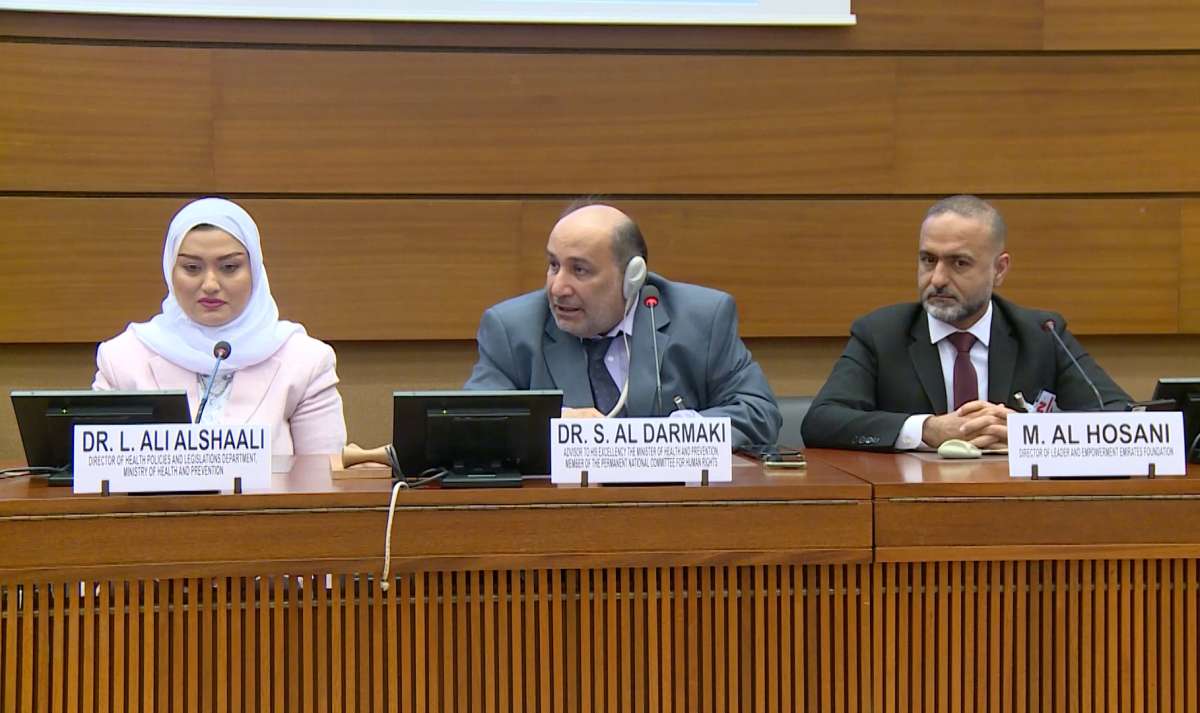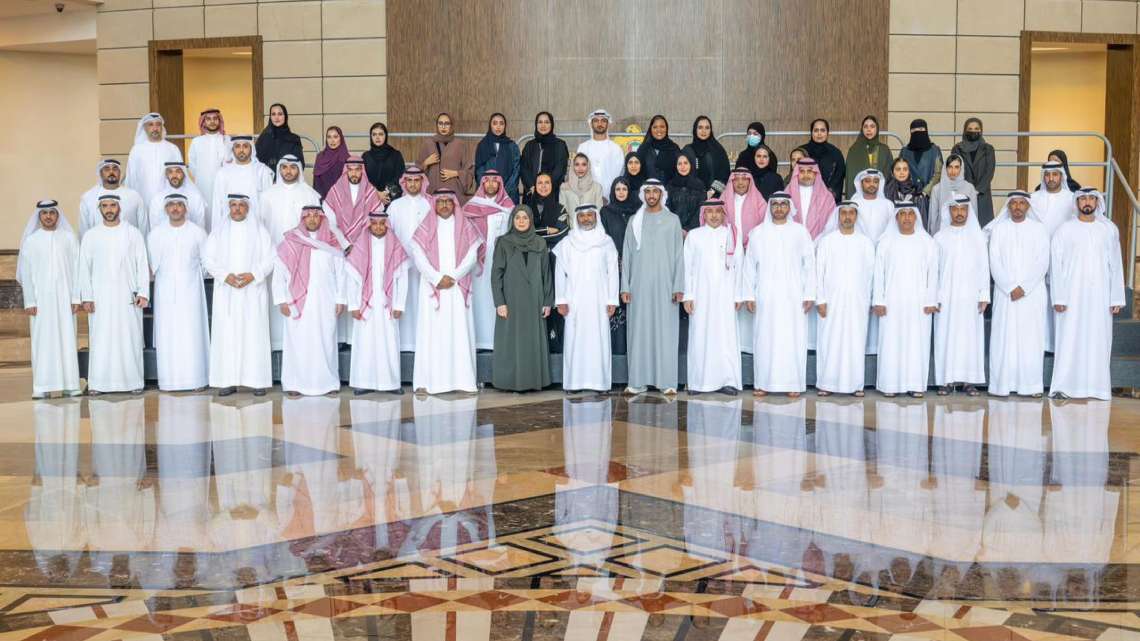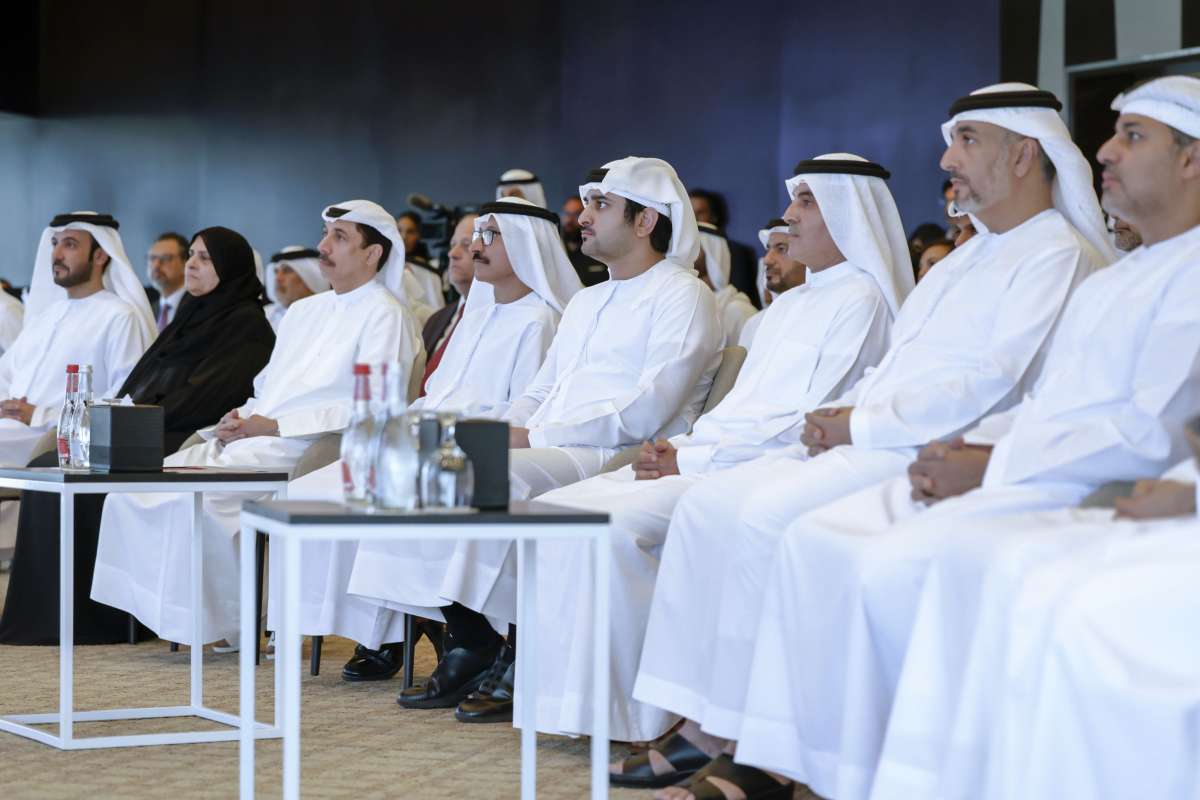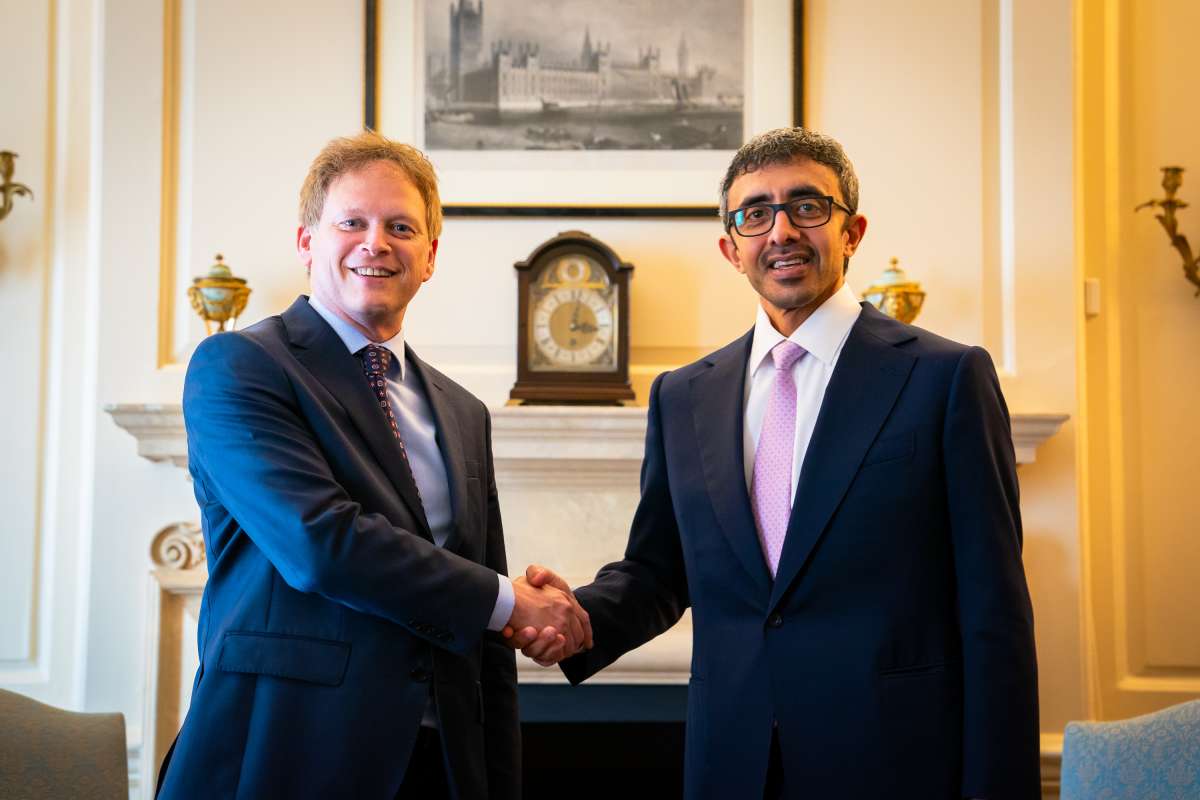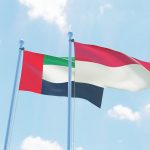The symposium shed light on the UAE’s significant humanitarian contributions during the COVID-19 pandemic, both locally and globally,…reports Asian Lite News
The Permanent Mission of the United Arab Emirates to the United Nations and international organisations in Geneva, in coordination with the Permanent Committee for Human Rights, organised a symposium on the sidelines of the 43rd session of the United Nations Universal Periodic Review of Human Rights Working Group.
Titled “The Health Response to COVID-19 Pandemic and the Humanitarian Role of the UAE Nationally, Regionally, and Globally”, the symposium dealt with matters related to the health response to the COVID-19 where the UAE delegation showcased the nation’s response to the pandemic as a distinctive model and an inspiring global success story.
The speakers noted that the UAE had demonstrated its readiness through the vision of its wise leadership, advanced infrastructure, technology, and the united efforts of the government and community. This collaboration underscored the importance of planning, a proactive approach, and institutional flexibility in crucial sectors, particularly healthcare.
The UAE’s model reflected its accumulated experience in crisis management and sustainable preparedness to confront all challenges. This efficiency is supported by a robust technological infrastructure within the federal government, backed by cutting-edge technologies and international standards. Notably, Al Hosn, the UAE’s official digital platform for COVID-19 testing, has received international awards for its exceptional efficiency.
The symposium shed light on the UAE’s significant humanitarian contributions during the COVID-19 pandemic, both locally and globally, where they have been crucial for countries in need of support and assistance in tackling this unprecedented health crisis. This has resulted in the UAE gaining a global reputation and a distinguished international position in the field of charitable and humanitarian institutional work, thanks to its leadership and national approach.
The UAE has also launched a humanitarian fund to unify national efforts to combat COVID-19 and promote the spirit of community cohesion that permeates the country’s society. This is in addition to another humanitarian initiative to care for the families of those who lost their lives to the virus, regardless of their nationality. Additionally, the UAE has provided medical aid, respiratory devices, and testing equipment to and established field hospitals in several countries.
Speakers at the symposium included Dr. Salem Al Darmaki, Advisor to the Minister of Health and Prevention; Dr. Lubna Ali Al Shaali, Director of Health Policies and Legislations Department at the Ministry of Health and Prevention; Mohamed Al Hosani, Director of Leader and Empowerment at the Emirates Foundation; Wafa Eissa Alzaabi, Humanitarian Diplomacy Office Manager at the Emirates Red Crescent; and Dr. David Hadley, CEO of NMC Healthcare.
The delegation emphasised that the UAE has set an extraordinary example in managing the global pandemic and mitigating its impact on society, adding that the country has played a vital role in international logistics operations. Additionally, the UAE has been a strong contender in the global race to discover and develop treatments and vaccines to combat and prevent the virus, achieving significant scientific breakthroughs in this area.
The delegation also discussed the UAE’s experience in managing the sustainable recovery phase from the COVID-19 pandemic, highlighting that the country has implemented several practical measures, which include upgrading government work to align with new priorities arising from the pandemic, maintaining precautionary and preventive measures to protect public health, and enhancing the crisis management system to ensure greater preparedness for the future.
Additionally, the symposium highlighted that the COVID-19 pandemic has shown the world that health risks and crises know no borders or limitations, and no single country can tackle them alone. The discussion emphasised that coordinated actions and comprehensive global systems play a crucial role in safeguarding communities and enhancing countries’ abilities to manage and overcome health crises.


